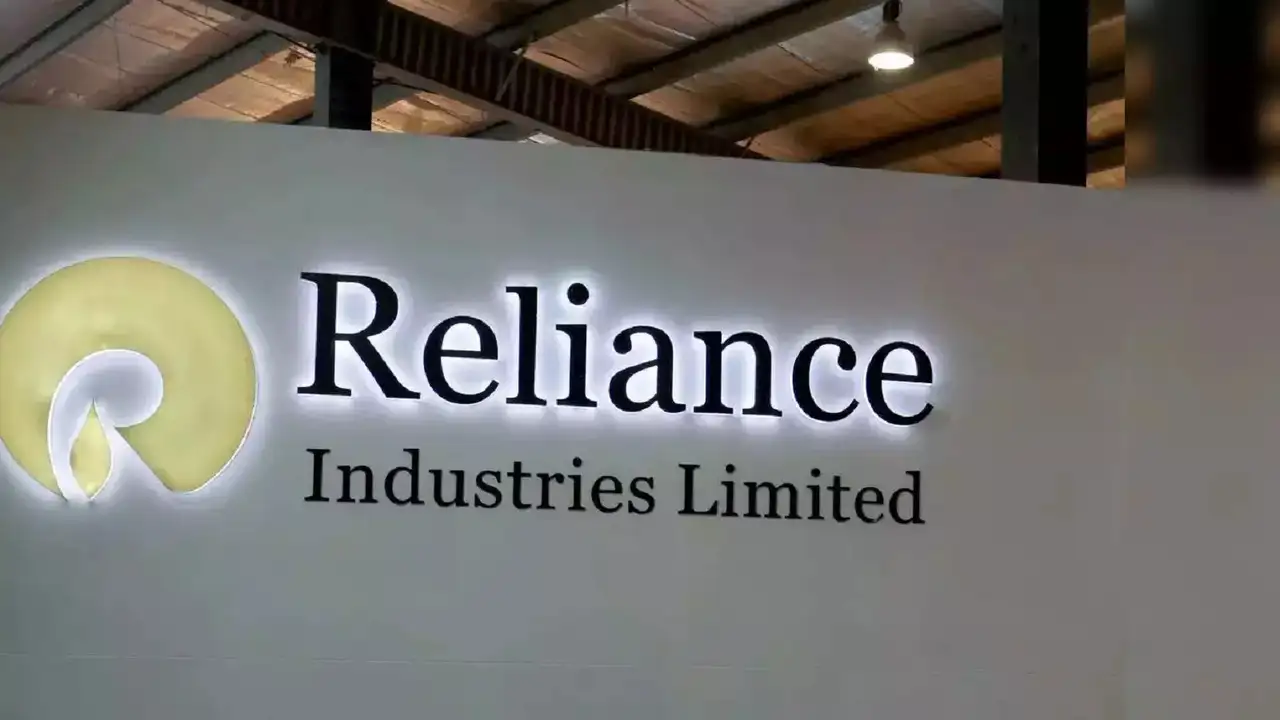RIL Appeals to Supreme Court Following Delhi High Court Ruling on $1.7 Billion Gas Case

Reliance Industries Ltd (RIL) and its foreign partners have taken their legal battle to the Supreme Court, challenging a February ruling by the Delhi High Court that annulled an arbitral award in their favor. This dispute centers around a $1.7 billion claim from the Indian government, which alleges that RIL siphoned gas from a field in the Krishna-Godavari basin off the coast of Andhra Pradesh. The case has significant implications for the energy sector and the ongoing relationship between the government and private companies.
Background of the Dispute
The origins of this legal conflict date back to 2013 when Oil and Natural Gas Corporation (ONGC) claimed that its blocks, IG and KG-DWN-98/2, shared a common gas pool with RIL’s KG-D6 field. ONGC argued that RIL was extracting gas that had migrated from its blocks, which were still under development. This claim led to a series of legal proceedings, with ONGC seeking compensation for what it termed “unjust enrichment” by RIL. The government subsequently pursued a claim for nearly $1.6 billion, including interest and additional profits, which RIL contested.
In 2018, an arbitration panel led by Lawrence Woo, based in Singapore, ruled against the government’s claim, prompting the Ministry of Petroleum and Natural Gas to approach the Delhi High Court. The high court’s February ruling overturned the arbitration panel’s decision, siding with the government and reinstating its claim against RIL and its partners.
Supreme Court Petition Details
RIL filed the lead petition with the Supreme Court on May 14, while its partners, BP Exploration (a subsidiary of BP Plc) and Canadian firm Niko Ltd, submitted their petitions separately. The Supreme Court’s involvement comes after the Delhi High Court’s division bench, comprising Justices Rekha Palli and Saurabh Banerjee, quashed the earlier arbitral award that had favored RIL. The high court’s ruling emphasized that RIL’s actions constituted unjust enrichment, as it extracted gas that rightfully belonged to ONGC.
The Supreme Court will now review the arguments presented by RIL and its partners, who maintain that the high court’s decision was flawed. They argue that the conclusions drawn by the arbitration tribunal were reasonable and should not have been overturned. The outcome of this case could set a significant precedent for future disputes in the energy sector.
Implications for the Energy Sector
The legal battle between RIL and the Indian government highlights the complexities of energy resource management in India. As the country seeks to balance private investment with state interests, this case raises questions about regulatory frameworks and the protection of corporate investments. The outcome could influence how future disputes are handled, particularly in the context of gas extraction and resource sharing.
Moreover, this case underscores the importance of arbitration in resolving commercial disputes. The initial arbitration ruling in favor of RIL was seen as a victory for private enterprises operating in India. However, the subsequent high court ruling has shifted the landscape, potentially deterring foreign investment if companies perceive a lack of legal protection for their interests.
Next Steps in the Legal Process
As the Supreme Court prepares to hear the case, both RIL and its partners are expected to present their arguments vigorously. The court’s decision will not only impact the parties involved but could also have broader implications for the energy sector and foreign investment in India. Legal experts will be closely monitoring the proceedings, as the ruling may redefine the relationship between the government and private companies in the energy domain.
The legal journey of this case is far from over, and stakeholders from various sectors are keenly awaiting the Supreme Court’s verdict, which could reshape the future of energy exploration and production in India.
Observer Voice is the one stop site for National, International news, Sports, Editor’s Choice, Art/culture contents, Quotes and much more. We also cover historical contents. Historical contents includes World History, Indian History, and what happened today. The website also covers Entertainment across the India and World.
Follow Us on Twitter, Instagram, Facebook, & LinkedIn

